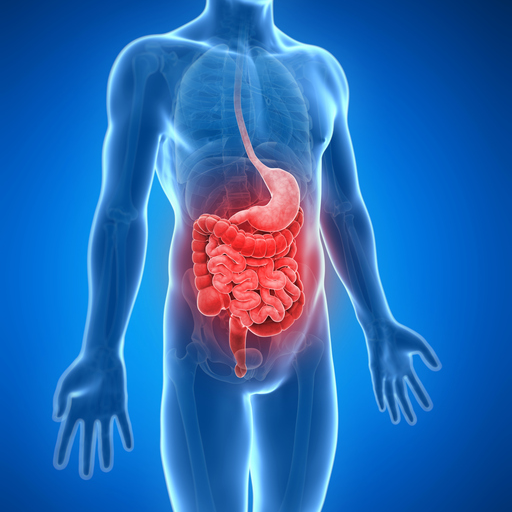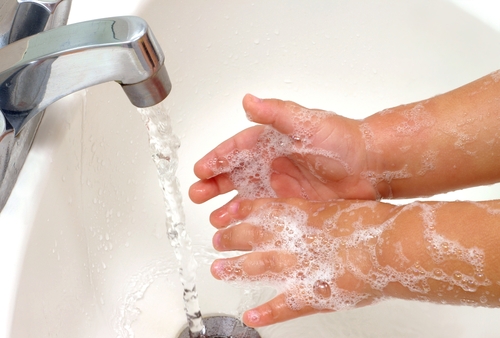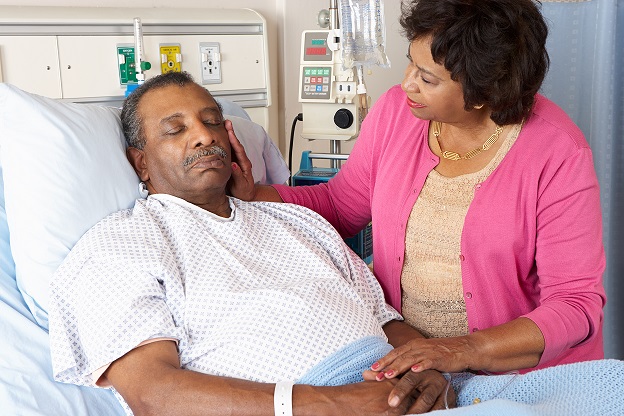One of the most common waterborne diseases, diarrhea results in loose, watery and frequent bowel movements or stools. It is very common and not serious in most cases. However, when the diarrhea lasts for many weeks, it can lead to a serious disorder such as inflammatory bowel disease (persistent infection) and irritable bowel syndrome (less severe condition). Mostly, diarrhea is caused once or twice every year in people. It usually lasts for 2-3 days and can be treated with over-the-counter medications. It can either be acute or chronic.
The acute diarrhea is quite common and takes place when the condition is there for 1-2 days. It may be due to viral or bacterial infection or food poisoning. Also, a condition called traveler’s diarrhea occurs when it is due to exposure to parasites or bacteria. In contrast, the chronic diarrhea is a diarrhea which lasts for at least 4 weeks. It is mostly because of an intestinal disorder like celiac disease or Crohn’s disease.
Read on here to know its causes, symptoms, prevention, diagnosis and treatment.
Causes

The diarrhea is commonly caused by a virus (mostly Rotavirus) infecting the gut (stomach flu or intestinal flu). It may also follow constipation particularly for people who are suffer from irritable bowel syndrome.
Some of its other causes may include food allergies, alcohol and laxative abuse, diabetes, intestinal disease, certain medications, consuming foods that upset the digestive system, bacterial infection (Salmonella or Escherichia coli), radiation therapy, malabsorption (difficulty in absorbing some nutrients), surgery related to digestive system, overactive thyroid (hyperthyroidism), certain cancers and running (runner’s diarrhea).
Signs & Symptoms

The symptoms related to diarrhea are:
- Fever
- Abdominal pain and cramps
- Blood in the stool
- Loose, watery stools
- Bloating
- Nausea
- Urgent and frequent urge to have a bowel movement
In adults, the patient have have to see the doctor when the condition lasts for more than 2 days or you experience dehydration, bloody or black stools, very high fever, severe abdominal or rectal pain.
And in children especially young ones, the diarrhea may quickly result in dehydration. You must call the doctor if the child’s condition does not get better within a day or he/she has dehydration, high fever or black/bloody stools.
Prevention

Even though some kinds of diarrhea (those because of medical reasons) can’t be avoided, infectious diarrhea can be prevented. The most important way of avoiding bacteria is not coming into contact with the infectious agents. That’s why hygiene and good hand washing are essential.
Here are some other preventions you must take:
- Drink water from bottled water only.
- Avoid ice made from tap water.
- Consume fruits and vegetables that are cooked or can be peeled.
- Don’t eat street food.
- Don’t eat raw or undercooked meat or seafood ever.
- Get yourself vaccinated before traveling to a place where there’s a risk of hepatitis A.
- Good sanitation systems and hygiene practices
- Providing good health education on spreading of infection.
Diagnosis

To determine the cause of diarrhea, your doctor will conduct a physical examination and review your medications. Some tests that will help in the diagnosis of the disease include:
- Blood test
A complete blood count test can help in determining the cause of diarrhea.
- Stool test
A stool test might be recommended to find out whether a parasite or bacterium is the cause of diarrhea.
- Flexible sigmoidoscopy or colonoscopy
A doctor may ask you to take one of these procedures for a look at the lining of your colon and arrange for biopsies if there’s no evident cause of persistent diarrhea. In both the procedures, a thin lighted tube with a lens is used on the end for a look inside your colon.
Treatment

In most of the cases of diarrhea, the symptoms go away on their own in a few days without any treatment. Your doctor might recommend these medications or other treatments. The antibiotics might be helpful in treating diarrhea due to parasite or bacteria but not virus.
Your doctor will most likely ask you to replace the fluids and salts. If drinking liquids upsets your stomach or results in diarrhea, your doctor may ask you to take fluids through arm’s vein (intravenously).
Water is a great way of replacing fluids but it does not contain the salts and minerals (electrolytes) like sodium and potassium. Also, they are important for maintaining the electric currents in your body to keep the heart beating. You should maintain the electrolyte levels in your body by drinking fruit juices (potassium) and soups (sodium). Certain fruit juices like apple juices worsen the diarrhea.
In case of children, consult the doctor about taking an oral rehydration solution like Pedialyte for preventing diarrhea or replacing lost fluids.
The doctor might adjust the medications like lowering the dose or switching to another medication in case your diarrhea is drug-induced. If your diarrhea is due to a serious condition like IBD, your doctor may refer you to a specialist like a gastroenterologist.
Drink lots clear liquids such as broths, juices and water. Also, avoid dairy products, fatty foods, alcohol, high-fibre foods and caffeine. You should gradually add semisolid and low-fiber foods when your bowel movement come to normal.
OTC anti-diarrheal medications like loperamide (Imodium A-D) and bismuth subsalicylate (Pepto-Bismol) might help in reducing the number of watery bowel movements and relieving severe symptoms.
Consider probiotics, available in capsule or liquid form, that are added to some foods for restoring a healthy balance to the intestinal tract and boosting the level of good bacteria. Some studies claim that certain probiotics might be helpful in treatment of antibiotic-associated diarrhea and infectious diarrhea.
Image Source:
1. nimbal
2. homeremedyhacks
3. douglascomin
4. freshthinking
5. bujint

